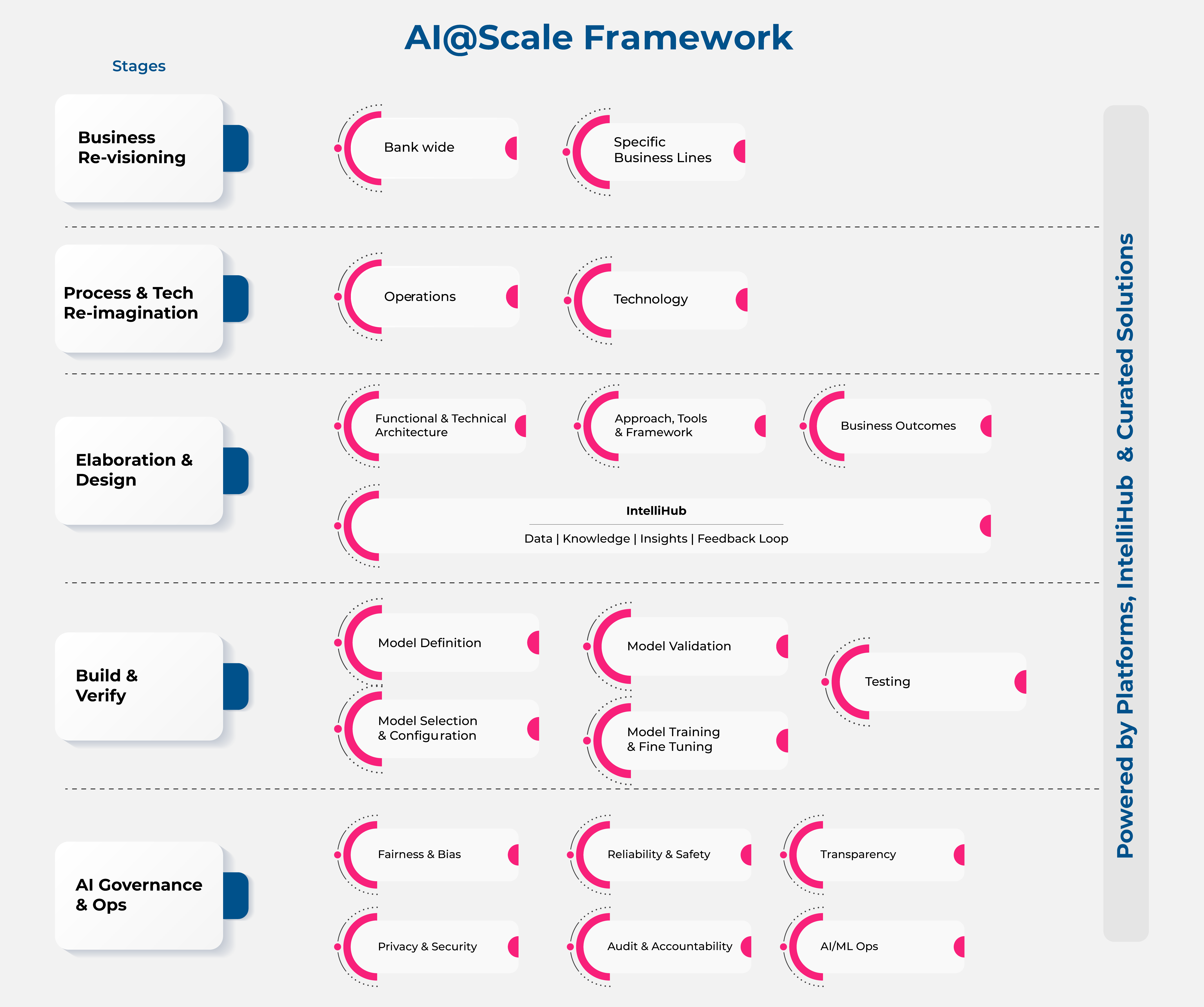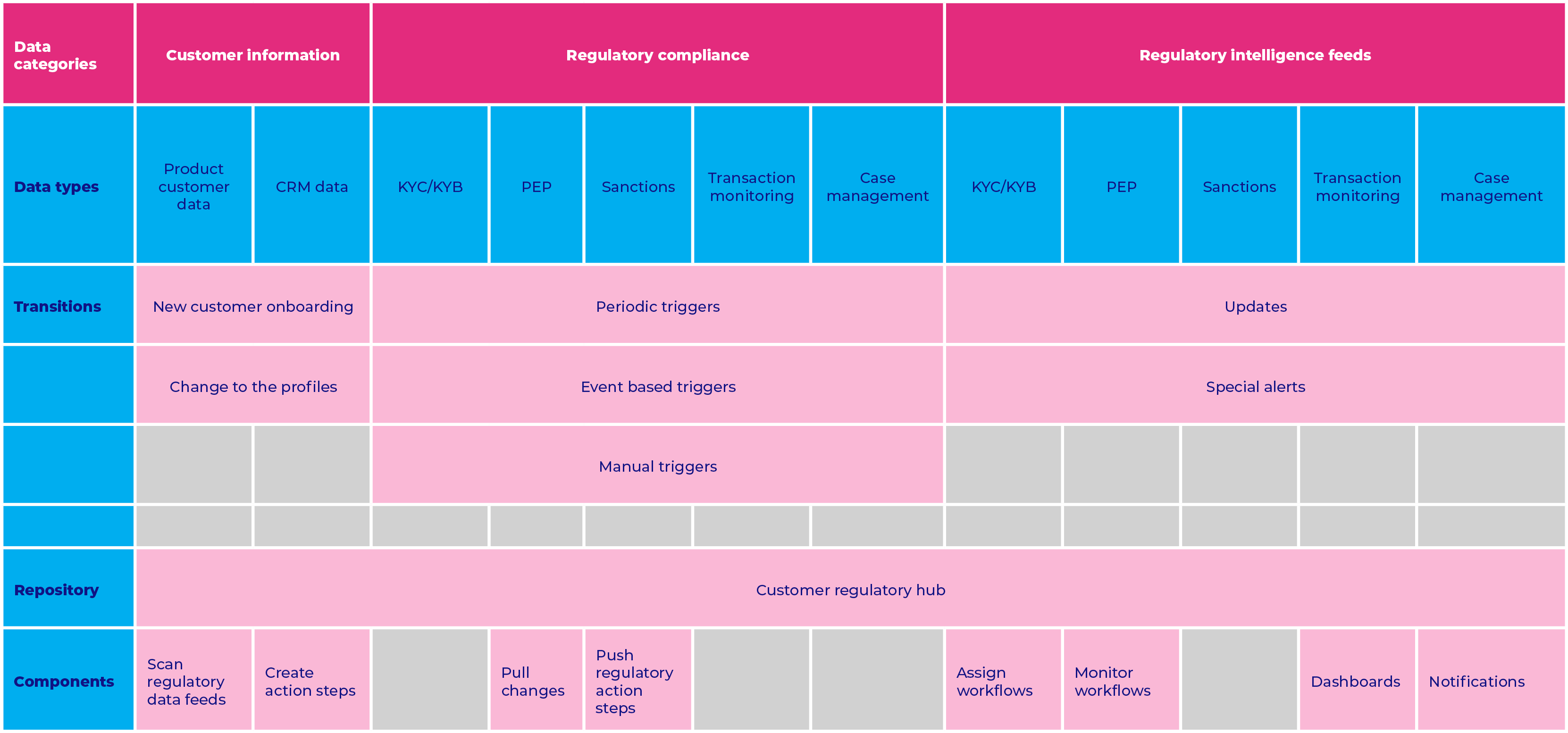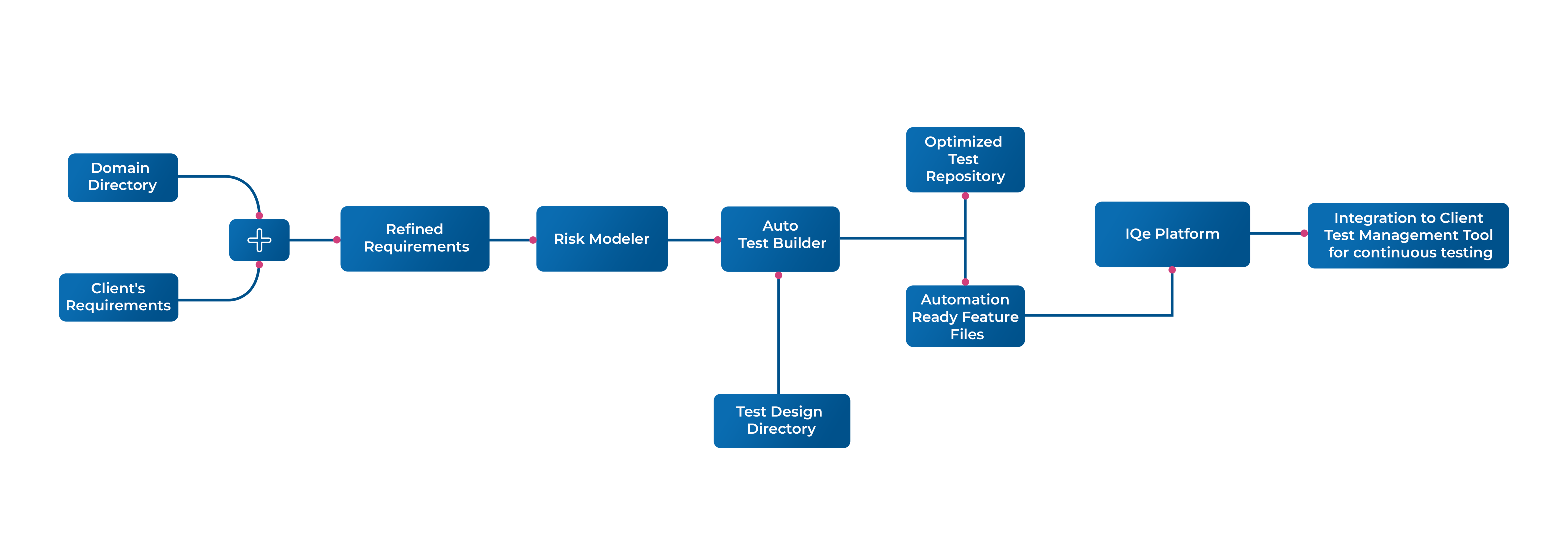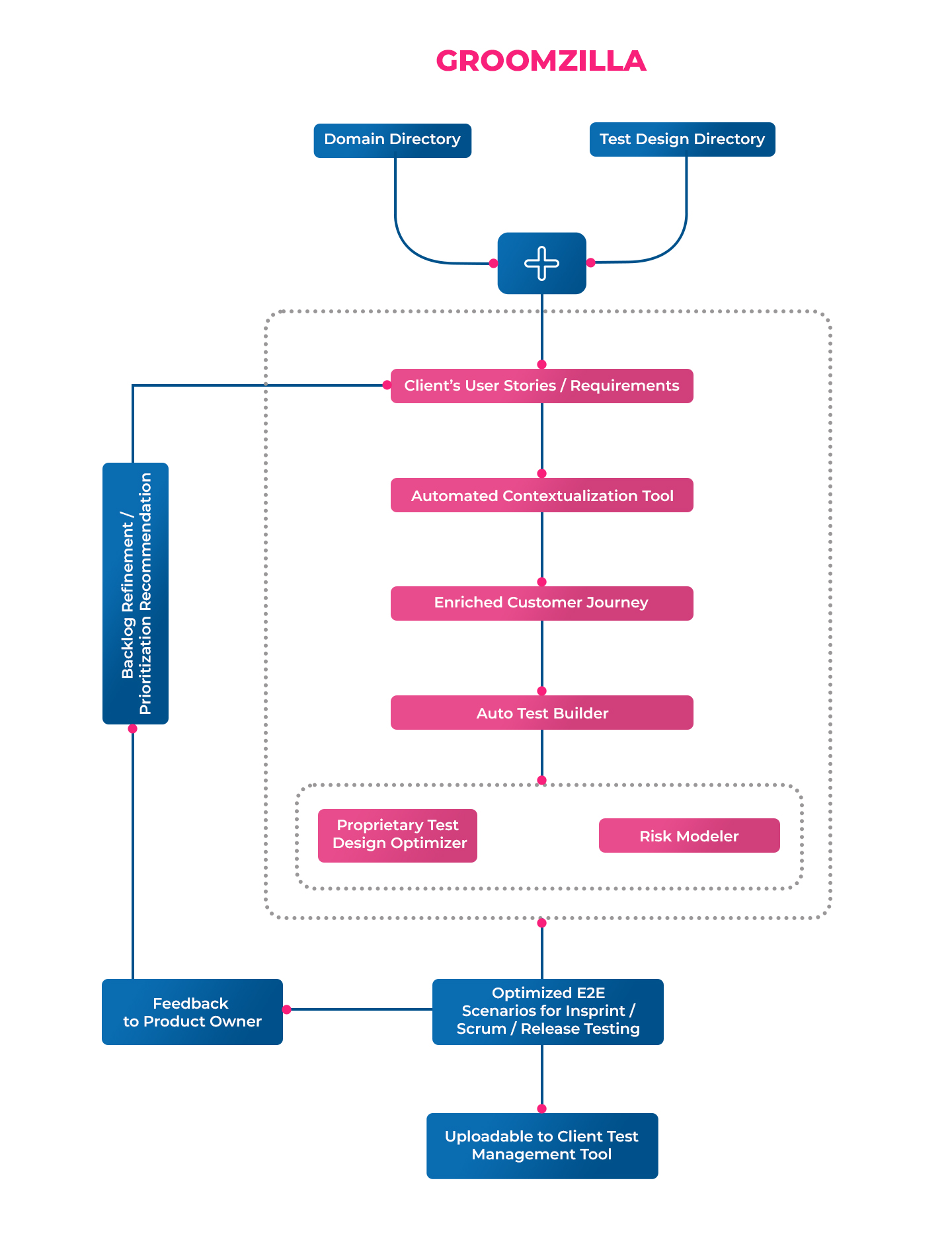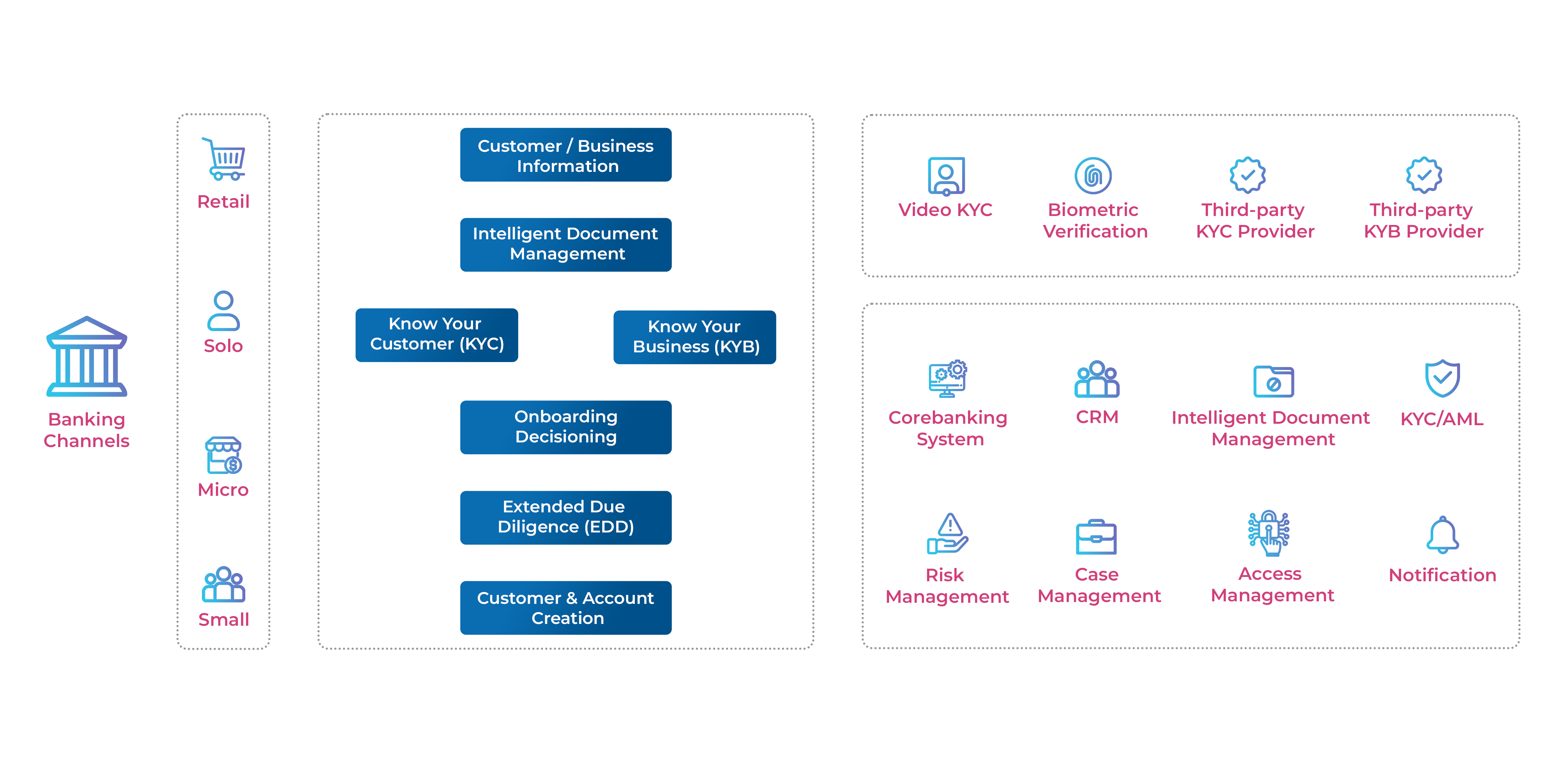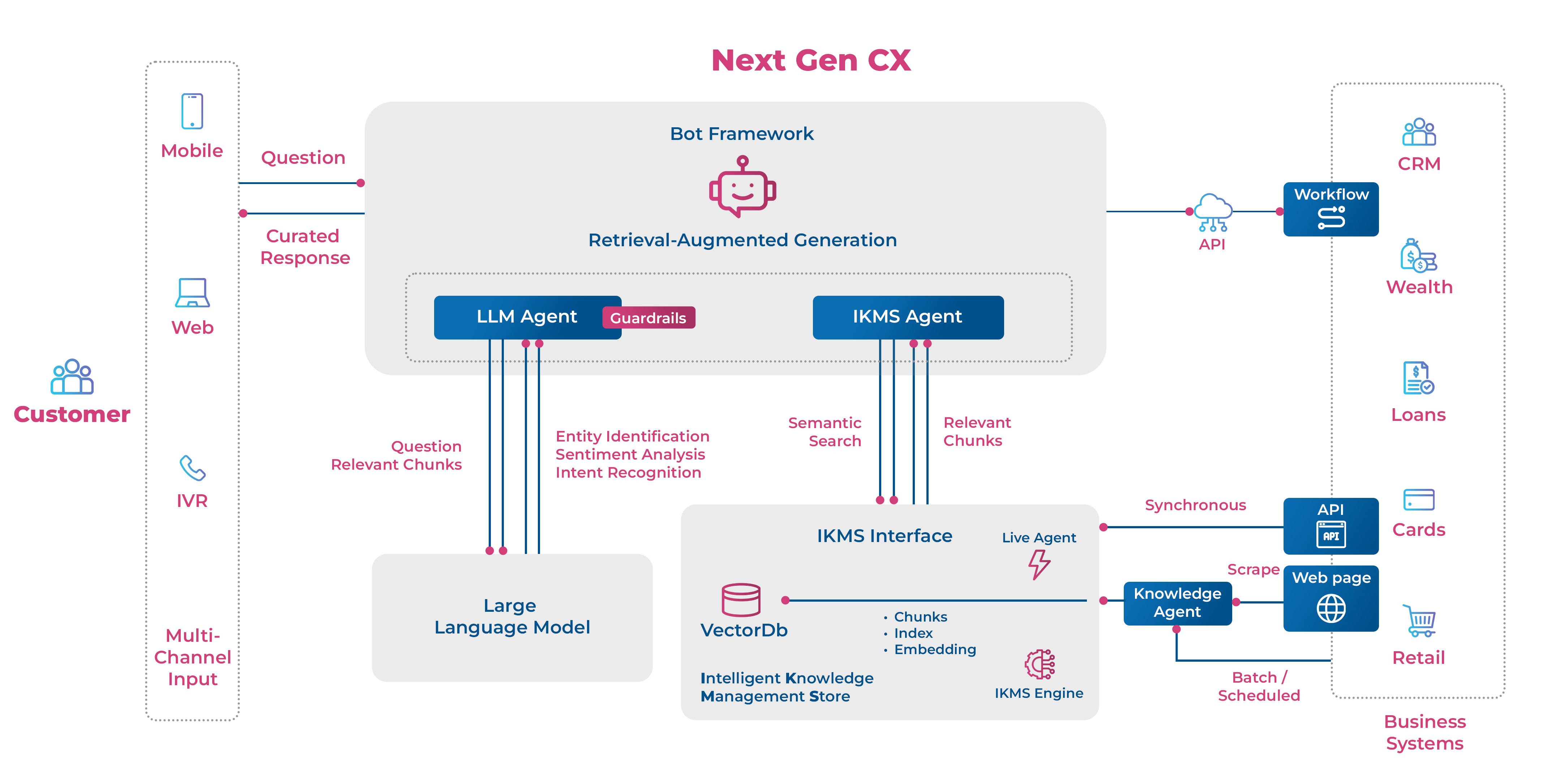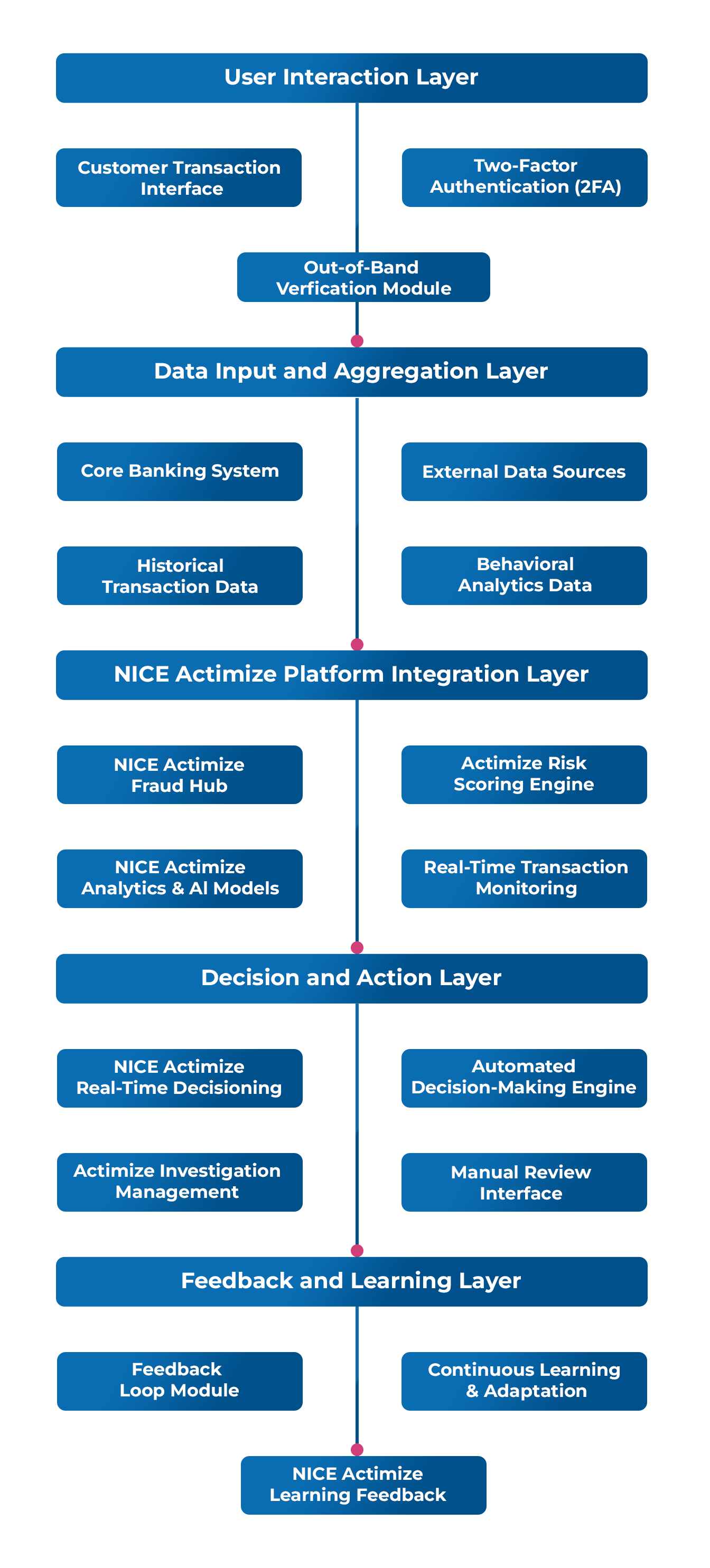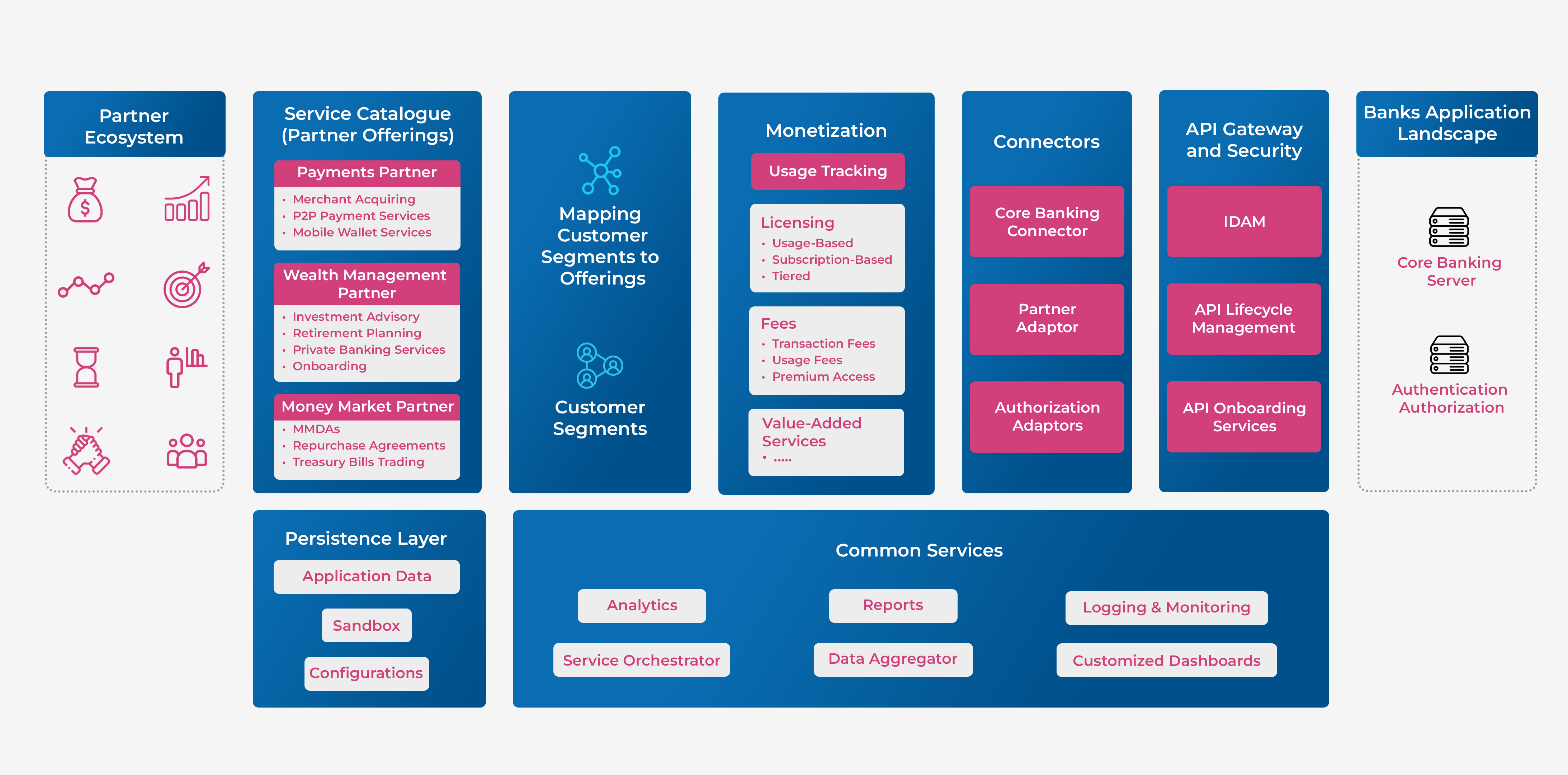AI is, without a doubt, transforming industries globally, but irreplaceable human traits such as ethical judgment, creativity, and contextual understanding remain essential for long-term success. Businesses that balance AI’s power with human insight will thrive in this evolving landscape, maintaining a competitive edge while using technology both responsibly and innovatively.
As businesses integrate AI into their operations, an important question emerges: Which human skills will remain important in the age of artificial intelligence? While AI flourishes in automating routine tasks and streamlining processes, certain uniquely human qualities—such as creativity, ethical judgment, soft skills, and critical problem-solving—remain beyond the capabilities of machines. These human traits make people uniquely valuable compared to machines as they represent the most advanced interface of algorithms and critical analysis. Despite AI’s advancements, there will always be a distinction between machine-made and human-assisted outcomes. As machines become more advanced and permeate every aspect of life, these human skills will be crucial for progress and making informed choices.
Collaboration between AI and Human Creativity
There has been a significant synergy between the creativity of humans and machines, and this has heralded a change in the advancement of inventions. While AI excels at conducting analyses on large volumes of data and improving procedures, it cannot fully exploit the information obtained without the help of human intellect in fields requiring ample creativity. The mix of AI and human creativity has led to the rise of applications like creative design with AI tools, customization of user experiences, and problem-solving in innovative ways. The combination of AI and human creativity has led to practical applications such as AI-driven design tools, personalized user experiences, and innovative problem-solving approaches. By merging AI’s efficiency with human creativity, businesses can achieve results that are greater than what either could accomplish independently.
Ethics, Governance, and Data Management
Although AI performs tasks quickly and efficiently, it lacks ethical reasoning, necessitating human oversight. This supervision becomes critical in the financial sector, where AI-driven algorithms may introduce unintended biases, raising issues of fairness, transparency, and accountability. Human oversight becomes indispensable in ensuring that AI systems adhere to ethical limits and comply with regional and international regulations such as GDPR and data privacy laws. With rising AI legislation globally, companies must proactively manage AI usage to align with societal values and ethical norms.
Moreover, as AI evolves, it requires skilled workers to organize and create data. Poor data handling can lead to ineffective AI targeting and skewed results, potentially exacerbating pre-existing biases. Ensuring proper model training and data management through human engagement mitigates the ethical concerns associated with AI. Companies can unlock AI’s full potential while addressing its risks through compliance and integrated human oversight.
Creativity, Innovation, and Problem-Solving
Despite AI’s current capabilities, particularly in data handling and outcome evaluation, it cannot match human creativity. Businesses that rely solely on AI may quickly become irrelevant as their uniqueness fades and their offerings blend with those of their competitors. Human skills such as creativity in product design and customer experience will remain key differentiators in an AI-driven world. In the evolving landscape of the AI-augmented workforce, human creativity will continue to drive innovation—after all, AI itself is a product of human creativity.
Critical thinking and problem-solving are also not supplanted by AI technologies. While AI can retrieve and interpret facts, it requires human guidance to apply these interpretations effectively. For instance, in finance, AI can identify potential fraud triggers, but humans must further assess the situation. Humans excel in addressing ethical issues, navigating ambiguous situations, and devising solutions that originate from within but remain beyond AI’s reach.
Contextual Understanding and Human-Led Innovation
AI’s inability to grasp context underscores the importance of human input in personalizing services and developing targeted strategies. For example, AI-powered chatbots often struggle with cultural nuances and individual preferences, resulting in impersonal interactions. Humans bring cultural and contextual awareness, ensuring businesses maintain relevance and engage effectively with diverse audiences.
While AI may optimize operations, human-led innovation is essential for pushing boundaries further. In industries like retail and banking, where AI enhances customer service and operational efficiency, breakthroughs often stem from human creativity. The fusion of AI’s data capabilities with human insight will continue to drive innovation in ways AI alone cannot achieve.
Educational Adaptations for Future Success
To prepare the workforce for an AI-driven future, educational institutions must prioritize the development of essential human skills alongside technical knowledge. Additionally, data skills such as data management, model training, and performance evaluation are crucial to ensuring AI technologies are applied effectively and responsibly in various sectors. Students must also focus on contextual analysis, learning to apply AI solutions to real-world challenges while gaining a deep understanding of customer needs and industry-specific requirements. Additionally, data skills such as data management, model training, and performance evaluation are crucial to ensuring AI technologies are applied effectively and responsibly in various sectors.
As AI becomes increasingly embedded into business operations, human skills will continue to evolve. We may witness a transition to roles needing uniquely human qualities, such as compassion, emotional intelligence, and strategic decision-making. The workplaces of the future will likely emphasize a need for hybrid environments, where people will assume greater responsibilities as decision-makers, creative leaders, and moral guardians in implementing artificial intelligence tools. Emphasizing this collaboration will allow businesses to harness the full potential of both AI and human talent, driving continuous progress and meaningful advancements.
AI is undeniably transforming industries globally, but irreplaceable human traits such as ethical judgment, creativity, and contextual understanding remain essential for long-term success. Businesses that balance AI’s power with human insight will thrive in this evolving landscape, maintaining a competitive edge while using technology both responsibly and innovatively. As AI continues to reshape the workforce, the most successful organizations will be those that blend machine efficiency with human ingenuity, driving technological and creative progress forward.
About the Author
 As the Chief Technology Officer of key Accounts, Kishan Sundar helms the technology strategy for key accounts.His leadership in creating engagement and impact through customized technology solutions, emerging technologies, and innovation for the key accounts will play a crucial role in accelerating Maveric’s revenue growth and fuelling its aspiration of becoming one of the top three Bank Tech companies by 2025.
As the Chief Technology Officer of key Accounts, Kishan Sundar helms the technology strategy for key accounts.His leadership in creating engagement and impact through customized technology solutions, emerging technologies, and innovation for the key accounts will play a crucial role in accelerating Maveric’s revenue growth and fuelling its aspiration of becoming one of the top three Bank Tech companies by 2025.
Originally Published in TechGig



